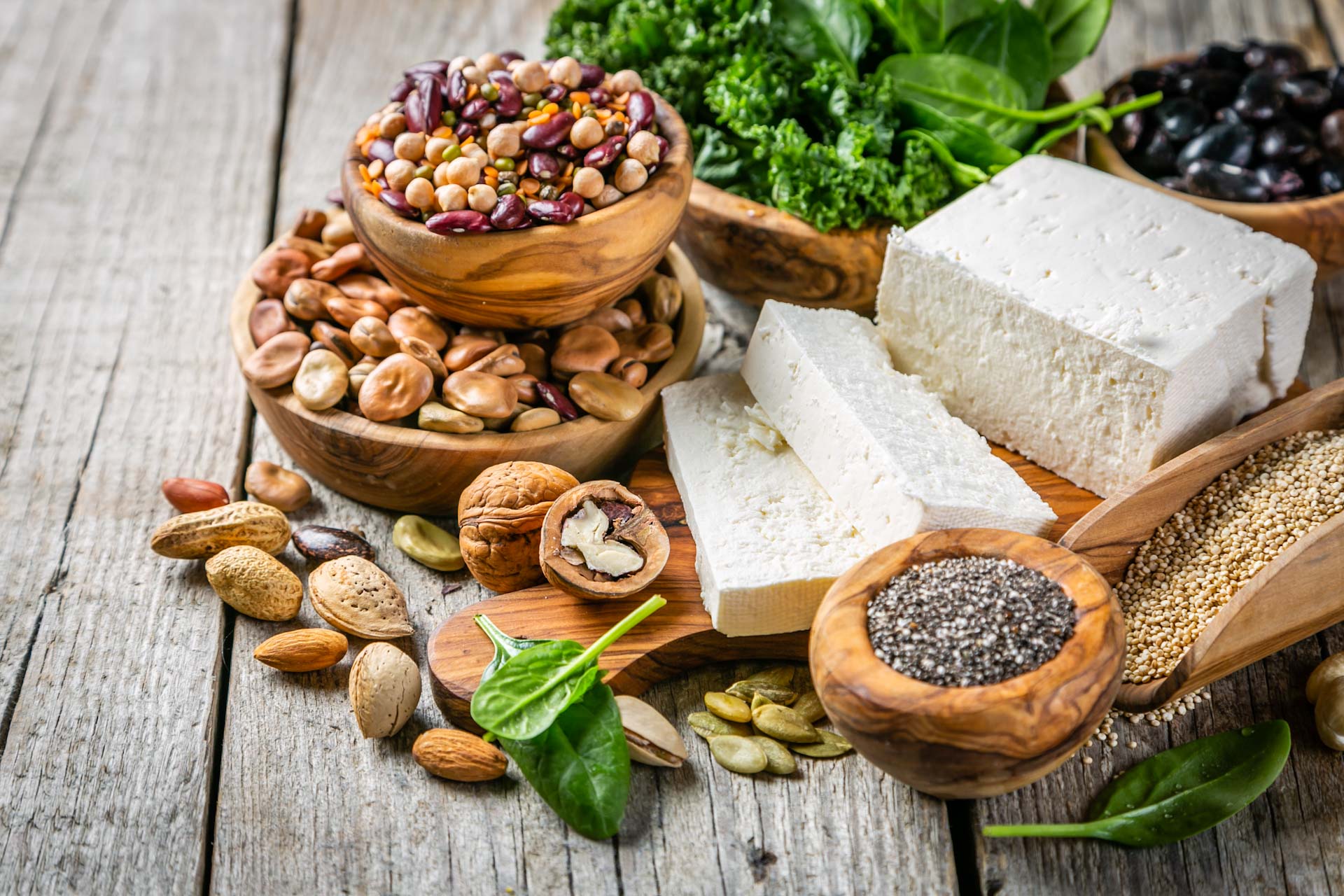
A New Link Between Diet and Breast Cancer Treatment…What Does It Mean?
Did you know that every hour somewhere in the world, a discovery is made that helps us learn more about cancer?
Well, researchers recently learned something new that could impact the way we treat the most common type of breast cancer. A team of top scientists has published their findings about a fascinating dietary link, and it might help those facing estrogen-receptor-positive (ER+) breast cancers understand more about how food choices can impact their health!
The study, led by Dr. Senthil Muthuswamy of Harvard Medical School, identified a connection between a common amino acid called leucine and drug-resistant ER+ breast cancers. Keep reading to find out what this might mean for patients with this common type of breast cancer!
What is drug-resistance?
ER+ cancers are fed by estrogen, so a common treatment for ER+ breast cancers is an estrogen-blocking drug like tamoxifen. When estrogen can no longer connect to the cancer cells, the growth and spread of the cancer is stopped. However many tumours become resistant to these types of drugs, meaning they are no longer effective at blocking estrogen and they allow the cancer to recur or spread. Doctors don’t always know why this happens, but they may have now learned a little bit more about what factors are at play.
Leucine and drug resistance
Leucine is one of nine essential amino acids not produced by the human body, found primarily in protein-rich foods like beef, pork, chicken, fish, soybeans, and dairy products. In the lab, Dr. Muthuswamy’s team found that decreasing leucine levels suppressed the ability of tumour cells to increase and reproduce, whereas increasing leucine levels enhanced their growth.
But interestingly enough, they also discovered that drug-resistant cells were able to grow even with low levels of leucine. Further investigation showed that tamoxifen-resistant cells have increased levels of a protein called SLC7A5, which is what allows leucine to be taken in by the cell. The higher the levels of SLC7A5, the more leucine the cell could take in. This was enough to make the cancer cells resistant to tamoxifen[1], and they then found that blocking SLC7A5 (and thus blocking leucine from entering the cells) helped tumours to shrink.
What does it all mean?
Researchers are understandably excited about these results. Drug resistance is the leading cause of death in women with ER+ breast cancer, leading to more than 40,000 deaths in the USA each year, and the study suggests they may be able to use this information about leucine to help prevent drug-resistance. Once an ER+ breast cancer becomes resistant to estrogen-blocking treatment, few treatment options remain. Scientists are therefore hoping that a shift to a low-leucine diet for some patients may reduce the incidence of drug resistance and lead to better health outcomes, and are even exploring the possibility of creating a drug that could block the SLC7A5 and the cancer cell’s ability to take in leucine.
Dr. Muthuswamy says that most physicians and oncologists will suggest that their patients try to eat a healthy diet, but thinks that this research could help them provide more specific guidelines.
So with all of this in mind, what should a patient with ER+ breast cancer do?
To start, keep in mind that this research is still in its early stages. Scientists have discovered a cellular link, but need to do more testing to see if reducing dietary leucine would actually have an affect on tumours in animals and humans. While it’s promising, it unfortunately doesn’t guarantee that eliminating or reducing leucine would make a huge impact on a patient’s health.
In the end, more research is needed to help us fully understand the effects of leucine on breast cancer. At this time, there isn’t enough research to suggest you start cutting out foods from your diet, especially since leucine fills an important role in muscle growth and preventing muscle deterioration as we age. Instead, you could try finding ways to enjoy more plant-based foods since they not only contain lower amounts of leucine than their non-plant-based counterparts, but they also provide many other health benefits (as detailed in Canada’s updated Food Guide.)
Overall Dr. Muthuswamy and his team are excited by the research, but stress that there is still more work to be done. He also clarifies that their study doesn’t imply that leucine enhances the growth of breast cancer cells – only that reducing leucine intake could be beneficial for patients currently facing ER+ breast cancer.
To read the full study, visit the Harvard Gazette at the link below.
https://news.harvard.edu/gazette/story/2019/05/dietary-link-found-to-drug-resistant-breast-cancer/
Emily Fitzgerald, MScFN,RD
Nutrition Coach
[1] https://www.bidmc.org/about-bidmc/news/2019/04/leucine-and-tamoxifen-resistance
